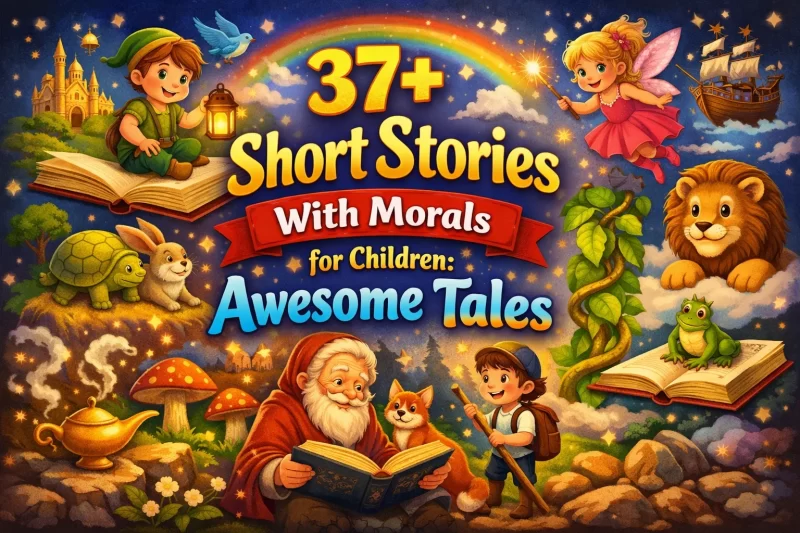I remember the day I stood outside the shiny glass elevator of Parker & Bailey Consulting, my resume in my left hand and sweat on my right. I had spent four years in college preparing for that moment. And yet, as the elevator doors opened with a soft “ding,” my legs felt like jelly.
You see, I had all the qualifications. My GPA sparkled. My experience looked strong on paper. But inside, I was hiding a truth I didn’t dare speak: I lacked confidence. My voice shook during interviews. I avoided eye contact. And I struggled to speak up in meetings or share my ideas with conviction.
That day, as I stepped into that elevator, I didn’t know I was about to begin the biggest transformation of my life—not in degrees, not in job titles—but in personality development and communication skills.
Chapter 1: The Two Keys I Was Missing
Let’s get real for a moment.
We all want to succeed—in jobs, in friendships, in love. But how many of us truly know what it takes?
I used to think talent alone was enough. But talent without personality is like a fancy sports car with no fuel. It doesn’t go anywhere.
Personality development, I learned, is not about looking good or sounding smart. It’s about becoming self-aware, growing emotionally, and building habits that shape how you connect with the world.
And then there’s communication—the art of transferring your inner thoughts into someone else’s understanding. If personality is the engine, communication is the steering wheel. One without the other will only take you so far.
Chapter 2: What Changed Everything — My Mentor, Miss Diane
Three weeks into my job, I met Miss Diane, the company’s senior consultant. She was bold but graceful. Calm but assertive. When she spoke, people listened—not because she was loud, but because she was clear.
One day, she pulled me aside and said, “Jared, you’re smart. But people can’t see your mind unless you show it. Your voice, posture, and presence—those are the bridges.”
That night, I sat down with a notebook and asked myself two big questions:
Who do I want to be?
What’s stopping me from becoming that person?
That was the start of my personal growth journey.
Chapter 3: Building the Foundation — Inside Out Growth
I learned that personality development wasn’t a quick fix. It wasn’t a YouTube hack or a motivational quote.
It was a slow rebuild of my mental and emotional habits:
I started waking up 30 minutes earlier to journal and reflect.
I practiced mindfulness to control my reactions and be present.
I challenged my fears by speaking up in team huddles—even if my voice cracked.
I read books about emotional intelligence, not just business.
Little by little, I stopped trying to sound impressive and focused on becoming genuinely impactful.
The better I understood myself, the easier it became to understand others.
Chapter 4: Mastering the Art — Communication as a Superpower
Communication isn’t just about words. It’s how you deliver them.
Miss Diane taught me that great communicators don’t just talk—they connect. They:
Listen actively without interrupting.
Speak clearly, avoiding filler words.
Use tone and pauses with purpose.
Maintain eye contact and open body language.
I also learned that communication isn’t one-size-fits-all. People respond to different styles.
Here’s what I discovered about the four types of communicators in the workplace:
- Assertive – Direct and respectful. They speak their mind but listen, too. (This became my goal.)
- Passive – Avoid confrontation. Often overlooked in group settings.
- Aggressive – Loud and dominant, but often cause tension.
- Passive-Aggressive – Indirect, which creates confusion.
The trick isn’t choosing one. It’s knowing which to use and when. Like a good musician, the best communicators play the right note at the right time.
Chapter 5: The Office That Became My Training Ground
My workplace became my training ground.
At first, I failed a lot.
I froze during presentations. I sent unclear emails. I misread body language. But every failure taught me something.
Miss Diane gave me feedback that changed my life:
“Don’t fear awkward moments. Learn from them. That’s where growth hides.”
So I kept showing up:
I signed up for a public speaking workshop.
I joined the office book club to open up socially.
I learned to say “I don’t understand, can you explain?” without shame.
Soon, something strange happened. People began turning to me for advice. My boss said I was “more confident.” Clients started trusting me. My ideas landed better. I was no longer just seen—I was heard.
Chapter 6: Small Habits, Big Results
Here are the small habits I adopted that made a huge impact:
✅ Start every conversation with presence – Put your phone down. Make eye contact.
✅ Practice the power pause – Before speaking, pause and breathe. It sharpens clarity.
✅ Learn one new word a day – Vocabulary boosts confidence.
✅ Reflect daily – Ask: What did I do well today? What can I do better?
✅ Speak up in low-risk situations – Start small: ask a question in a meeting or greet a stranger.
✅ Read non-verbal cues – Watch body language. It speaks louder than words.
And above all—listen like it’s your superpower.
Chapter 7: Who I Became
Two years later, I wasn’t the same Jared who stepped into that elevator.
I was promoted. I led client meetings. I trained new hires on communication. But more importantly—I liked who I had become.
Not because I was perfect. But because I had built my personality with intention, and I communicated with clarity and heart.
Chapter 8: What This Means for You
You don’t need to be born charismatic.
You don’t need to be loud or funny or brilliant.
You just need to be honest, aware, and committed.
Your voice matters. Your presence matters. But neither will shine until you develop from the inside out and speak like your ideas deserve to be heard.
So I’ll leave you with this:
? Your career will rise or fall on how well you connect.
? Your relationships will deepen or suffer based on how well you express.
? And your self-worth will grow as you learn to show the world who you truly are.
Final Thought:
“True confidence isn’t loud. It’s quiet, steady, and earned through growth.”
Now ask yourself:
Are you ready to stop hiding your potential and start building the kind of presence that people remember?
Would you like to explore further?

